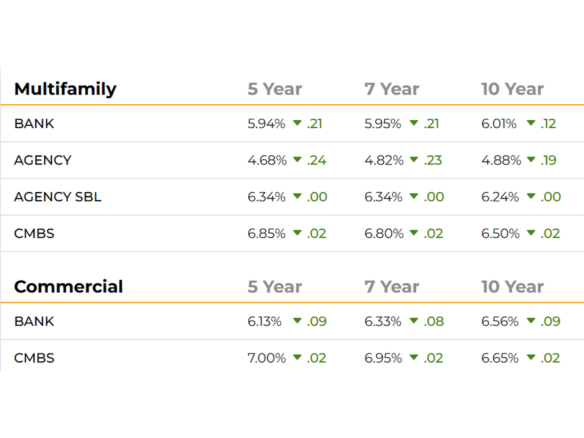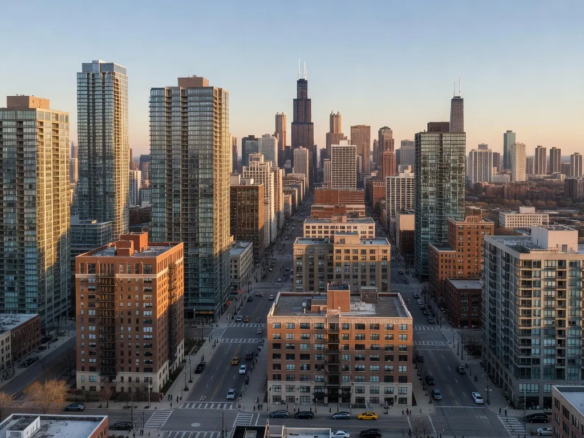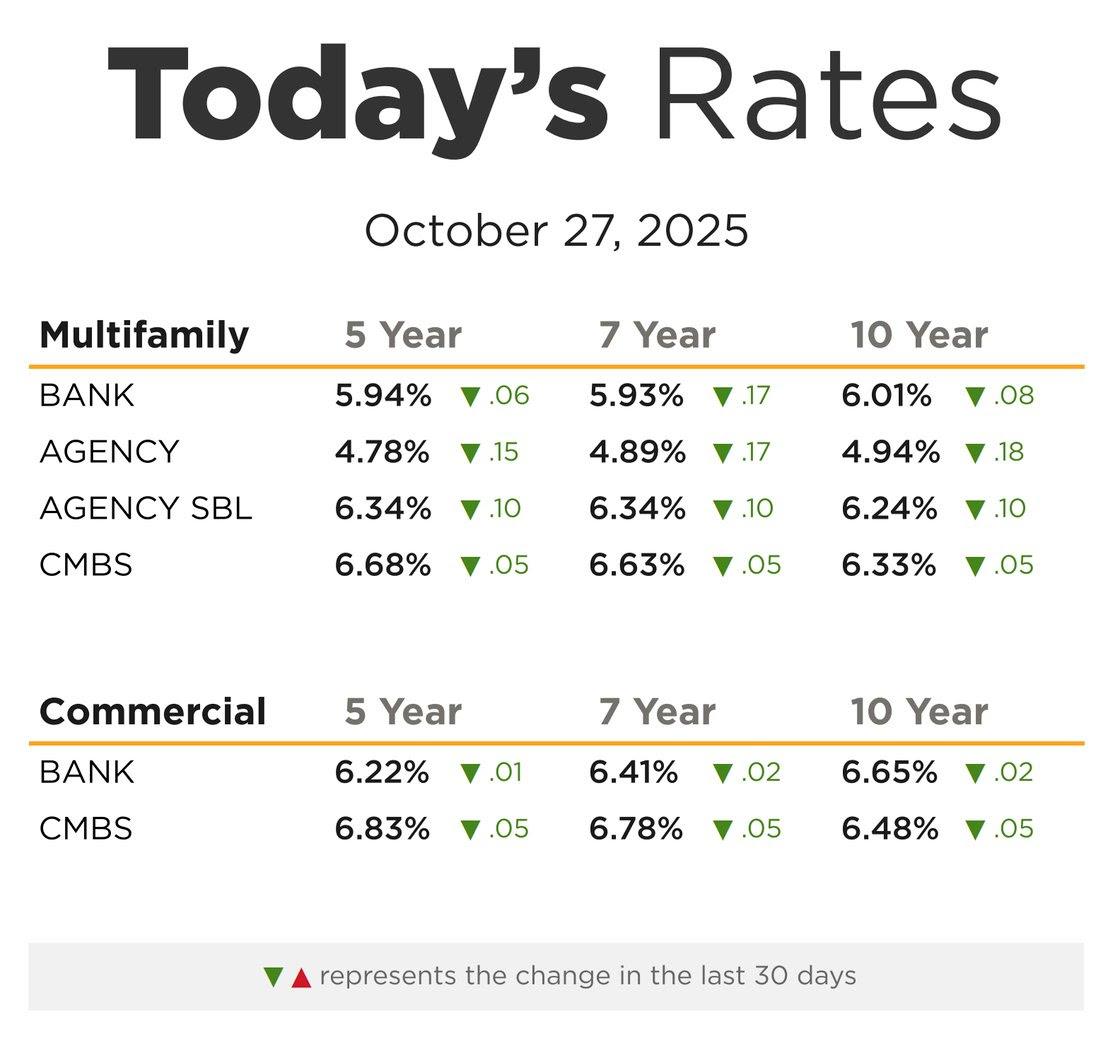Chicago apartment market 2025 is one of the most competitive rental environments in the country. Anyone who’s ever tried to find a two-bedroom near the L knows supply and demand isn’t just theory—it’s real life in Chicago. Years ago, a friend nearly lost an apartment over a coin toss with another renter. Now, with the city adding only 4,200 new units—half the usual number—the rental scene is entering uncharted territory. Is this a crisis or a ‘golden age’? Let’s explore what’s ahead.
Chicago Apartment Market 2025: Supply Shrinks, Demand Surges
The Chicago apartment market 2025 faces an unprecedented drop in new units. According to Marcus & Millichap, only 4,200 new apartments are expected this year—a 50% decline from the decade average. As a result, renters, developers, and investors are being forced to adapt.
Submarket Impacts and Vacancy Pressures
For example, the Loop, Fulton Market, and West Loop will see fewer than 450 completions—down from over 2,100 in 2024. Meanwhile, areas like Aurora and the Near North Side will receive less than 330 units, compared to 600+ the year before. At the same time, Chicago gained over 100,000 residents in two years, sending vacancy rates down to 4.7%–4.9%—far below national averages.
- 2025 new apartment units: 4,200 (down 50%)
- Loop/Fulton/West Loop: <450 units (vs. 2,100+ in 2024)
- Aurora/Near North: <330 units (vs. 600+ in 2024)
This sharp supply drop is driving rents higher and creating a power shift toward landlords and property owners. As a result, every available unit becomes more valuable, and competition among renters intensifies.
Investor Opportunities Amid Construction Slowdown
Despite the uncertainty, smart investors are finding room to move. In fact, Marcus & Millichap reports that transaction volume rose 20% year-over-year. Additionally, banks like KeyBank are beginning to free up more capital for acquisitions and refinancing. However, construction loans are still tight, pushing attention toward existing assets.
Where Investors Are Shifting Focus
Cap rates are stabilizing around 6%. Because of this, investors can evaluate value-add and workforce housing with more clarity. Furthermore, new strategies such as office-to-residential conversions are gaining traction. With limited competition from new development, now may be the time to act boldly.
- Transactions: Up 20% year-over-year
- Cap rates: Near 6%
- Lending: Easier for acquisitions/refi, harder for new builds
- Trends: Office conversions, workforce housing
Overall, the Chicago apartment market 2025 presents rare windows of opportunity—for those ready to move fast.
Rent Growth Accelerates as Choices Shrink
According to Marcus & Millichap, Chicago’s average rent is expected to reach $2,160/month—outpacing all other U.S. metros. Shrinking supply and ongoing demand are key drivers. Consequently, renters are facing higher costs, while operators are reaping strong returns.
Class A Leads, But B and C Also Benefit
- Class A: 4.8%–6.8% annual rent growth
- Class B/C: Strong growth, especially when renovated
Moreover, operators using lean staffing and automation are staying ahead by managing expenses more efficiently. In this climate, even older buildings are seeing value spikes as renters seek alternatives.
Technology, Tariffs, and the Future of Building
New construction has slowed sharply. Apartment starts are down 74% from 2021 levels. However, developers are adapting. Modular building and robotics are helping cut costs and timelines. While still early, these innovations are becoming crucial survival tools.
Tariffs have raised material prices. Even so, some subcontractors are absorbing the extra costs to keep projects alive. As a result, Chicago’s development pipeline hasn’t stalled completely—but it remains fragile.
Looking ahead, the city’s next wave of apartment development may rely on automation as much as concrete. Those who embrace new methods today will likely lead tomorrow.
TL;DR: The Chicago apartment market 2025 is defined by tight supply, rising demand, and strong rent growth. Investors and operators who act strategically will thrive amid uncertainty.
Receive Market Insights
Periodic analysis on rents, pricing, cap rates, and transaction activity across Chicago and key suburban markets.



